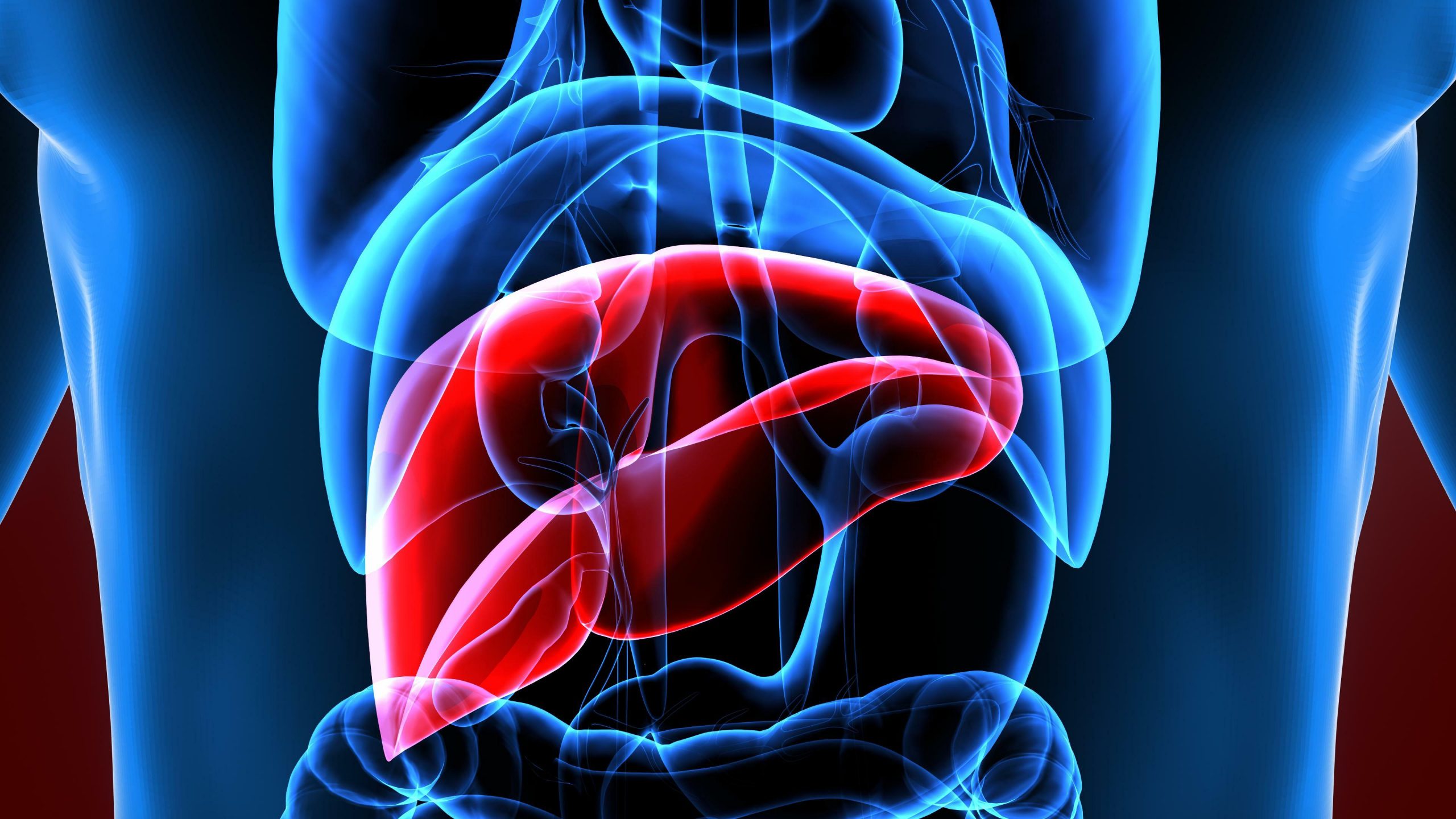
Medicare will now cover the popular weight-loss drug Wegovy if patients using it also have heart disease, U.S. officials announced Thursday. The move comes after the U.S. Food and Drug Administration approved drugmaker Novo Nordisk’s application to add cardiovascular benefits to the medicine’s label earlier this month. As a result, the U.S. Centers for Medicare and Medicaid… read on > read on >






























